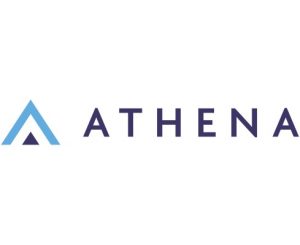| Description | Real-time multimedia information and entertainment services – specifically, streaming of digital video and audio content – account for the majority of today’s traffic in the Internet, and their amount and share of traffic are still growing. Users expect to generate, distribute, share, and consume any media content, anywhere, anytime, on any device, in high quality. Although global Internet and individual users’ data transmission rates (“bandwidth”) have been growing exponentially for many years, the growing number and variety of media services, higher spatial video resolutions, more immersive types of media, e.g., 360-degree video, and higher quality expectations of users have led networked media applications to fully utilize the available bandwidth or even to operate under (temporary) bandwidth shortages. For real-time media transmission over the open Internet, a major technical milestone certainly was the advent of the HTTP Adaptive Streaming (HAS) technique. HAS is being widely deployed in the industry today and has been standardized, e.g., as the ISO/IEC MPEG Dynamic Adaptive Streaming over HTTP (MPEG-DASH) standard. While most HAS-based media services work fine even under bandwidth limitations and fluctuations, there are big challenges for multimedia systems, e.g., the tradeoff between increasing content complexity, new requirements w.r.t. time (latency), and quality. |
|---|
| Employees | Hadi Amirpour, MSc.; Alireza Erfanian, MSc.; Babak Taraghi, MSc.; Ekrem Cetinkaya, MSc.; Dr. Farzad Tashtarian; Jesus Aguilar, MSc.; Minh Nguyen, MSc.; Prof. Mohammad Ghanbari; Nina Stiller; Dr. Phani Malladi; Dr. Raimund Schatz; Reza Farahani, MSc.; Vignesh Menon, MSc.; David Langmeier; Daniele Lorenzi, BSc. MSc.; Klaus Volk |
|---|

